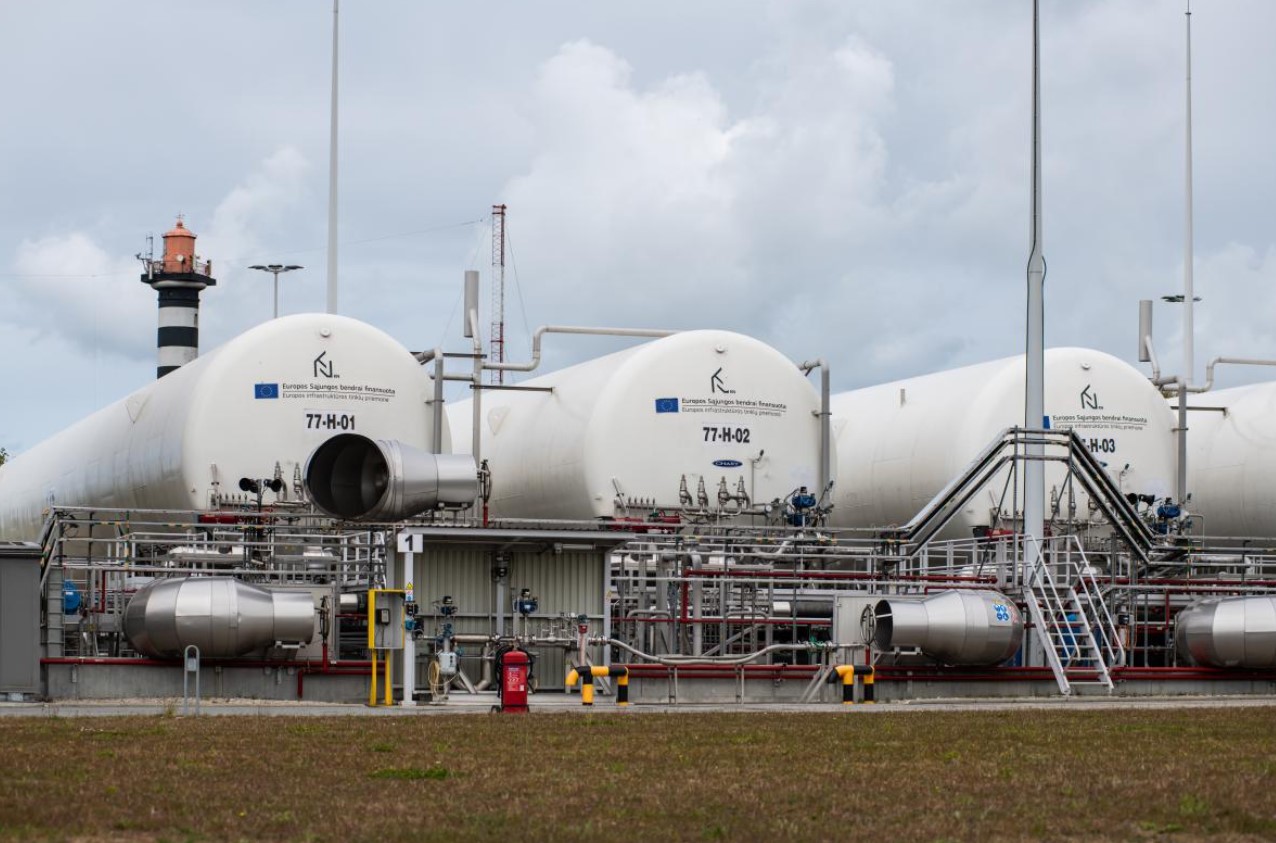This story requires a subscription
This includes a single user license.
Orlen announced the capacity booking deal in a statement on Tuesday.
The deal grants the Polish firm sole access to the small-scale facility, which will bolster gas supply to north-eastern Poland and the broader Baltic region, it said.
Back in 2020, the small-scale facility launched operations. Capacity holder PGNiG, now part of Orlen, sold the first two LNG cargoes from the small-scale reloading station in April 2020.
Since the initiation of the earlier contract, Orlen has received nearly 60 thousand tonnes of LNG via the Klaipeda terminal, it said.
Effective until the end of March 2030, the new agreement with KN Energies ensures that LNG received by Orlen at the Lithuanian reloading station will be transported by road tankers to customers, predominantly in north-eastern Poland.
Beyond serving the Polish market, LNG from the facility is also supplied to Lithuania, Latvia, and Estonia.
“Crucial” LNG supplies
This supply will be “crucial” for business clients and LNG regasification stations in areas beyond the reach of the existing gas network, Orlen said.
This transport route is “significantly more efficient” than relying solely on shipments from the Swinoujscie LNG terminal, which remains Poland’s primary LNG import hub, it said.
The Klaipeda reloading terminal, supplied by vessels with a capacity 30 times smaller than conventional ocean-going methane carriers, is equipped with five LNG tanks, offering a total capacity of 5 thousand cubic meters of liquefied gas.
It also features jetty infrastructure designed to handle LNG cargoes, reloading them to smaller vessels.
Beyond small-scale LNG operations, Orlen also imports large volumes of LNG through the FSRU-based LNG import terminal operated by KN Energies in Klaipeda.
Orlen has secured long-term regasification capacity, reserved until 2032, allowing it to import via the terminal over 0.5 billion cubic meters of natural gas annually.
To date, Orlen has received 10 cargoes, totaling about 656,000 tonnes, it said.
After regasification, the supplies have been distributed between customers in the Baltic states and the Polish market, flowing through the Gas Interconnection Poland–Lithuania (GIPL) pipeline, operational since May 2022, the firm added.

